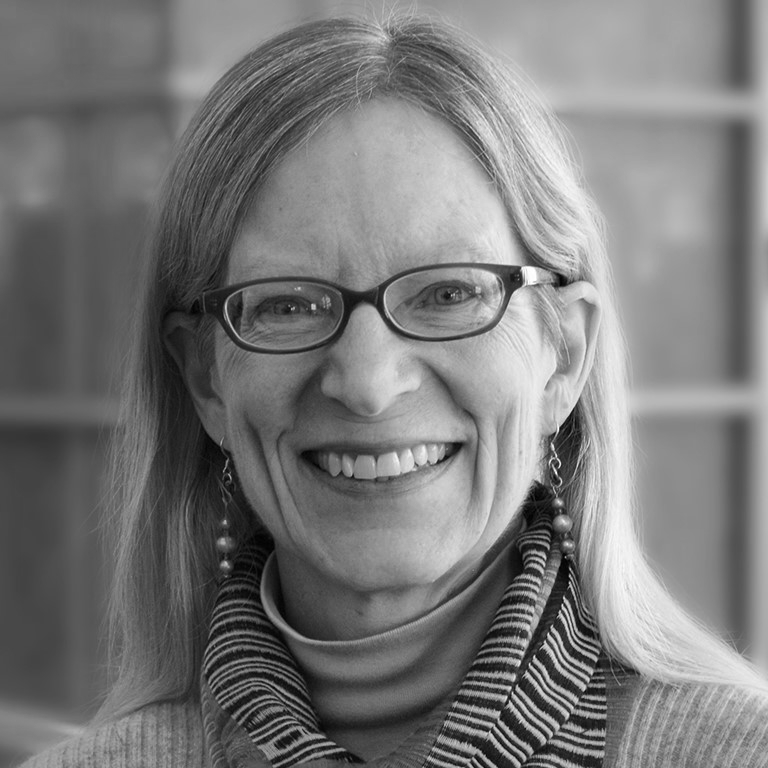Dear Kurt,
Sometimes I wonder who will meet me at the mouth of that big blue tunnel to the Afterlife, if such a thing is to be believed in. When I was a child, experiencing death largely consisted of putting on an itchy velvet church dress and leaving shadows of sweat on a folding metal chair as I sat in a funeral home full of sniffling people for hours on end. Even though I likely have many more years of growing up to do, even as my heart continues its old brag in my chest, death has already become so much more painful than it used to be, than I would hope for it to be. In the past two years I have lost a great-uncle, a cat, a dog, and a grandfather, in that order. (I doubt any of them will meet me as I step into the big blue tunnel, except for maybe the cat, if I bring some cat treats with me.)
Millions of humans who I never got to meet were lost, some solely as a result of the continued proliferation of a certain virus throughout the world, but most as a result of a lack of common decency-slash-sense on the part of their fellow humans. Believe me or not, I didn’t shed a tear for any of them, because the wire in my brain that connects grief to physical expression of grief has been disconnected for a while. I know you’re familiar with this feeling, of seeing horrible things happen to too many innocent people and not being able to cry for the horribleness of it all. Nevertheless, I still feel all of this loss and grief much deeper than is useful or comfortable.
For while after the losing started, I didn’t know what to make of it, didn’t know how to make it useful or sensible. I was brought up to believe that everything in the world has a purpose or a function, or must be forced to have a purpose or function. I could not find any purpose or use in (not-)watching person after person cough until their lungs gave up, or be pierced by bullets shot from guns held by police officers, bullets just like the ones that used to sit chambered in the gun my father carried when he was a police officer. For the better part of the past year, I tried to force myself to look at all that death, as if I could make it stop or make it reveal its purpose. But mostly I lied in bed, watching the world go by, helpless to make anything better. I stopped writing poetry, stopped trying to suck the beauty from the cruel bones of life as we were living it. I was not a lucky millionaire escaping to the Galapagos Islands as the apocalypse crippled humanity on the mainland; I was stuck on the mainland, am still stuck on the mainland, living through this agonizingly slow apocalypse.
I took a college course this semester following the trajectory of your work throughout your life. At risk of sounding like a kiss-ass, your books have been my life raft these past few months. Jonah gave me comforting lies to keep me sane; Billy kept me company as the days turned into months turned back into days as I sat in my dorm room; Kilgore reminded me that I can’t change my brain, but I can try to treat others well. Through all the tests and the vaccines and the protests, you reminded me to laugh at the absurdity of living through a once-in-a-century pandemic. You kept me afloat. Not bad for a dead guy.
Kurt, this November you will be 99 years old. I say “will be” and not “would have been” because this very website is proof that you are still quite alive, albeit not tangibly, as people of all ages–especially young people–discover your stories and messages over and over again. I genuinely love them, Kurt, as much as you didn’t. As Donna Tartt wrote, “I add my own love to the history of people who have loved beautiful things,” your beautiful things, your precious failures of novels that teach us to love whoever is around to be loved. You still have Shakespeare to compete with regarding longevity, but I never liked Hamlet that much.
Also, if you could meet me at the mouth of the great blue tunnel in exactly seventy years from today, I have some questions for you.
Thank you,
Ashley



